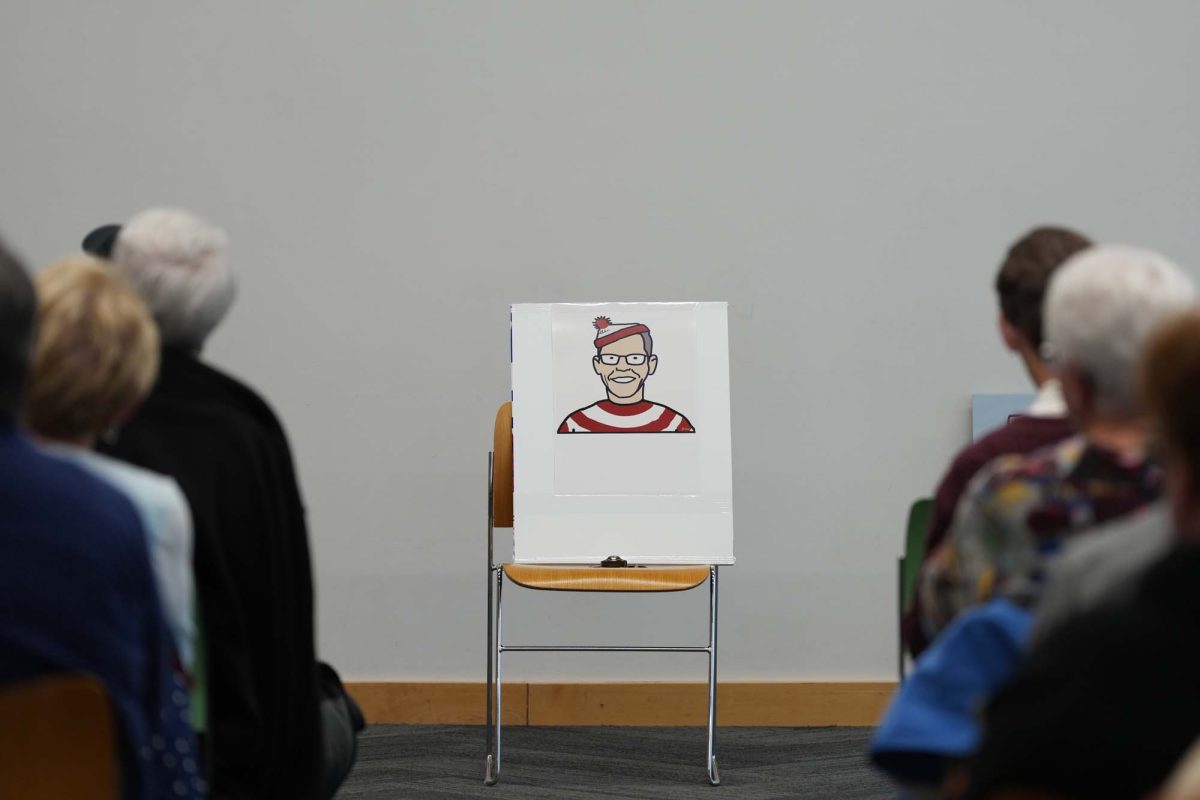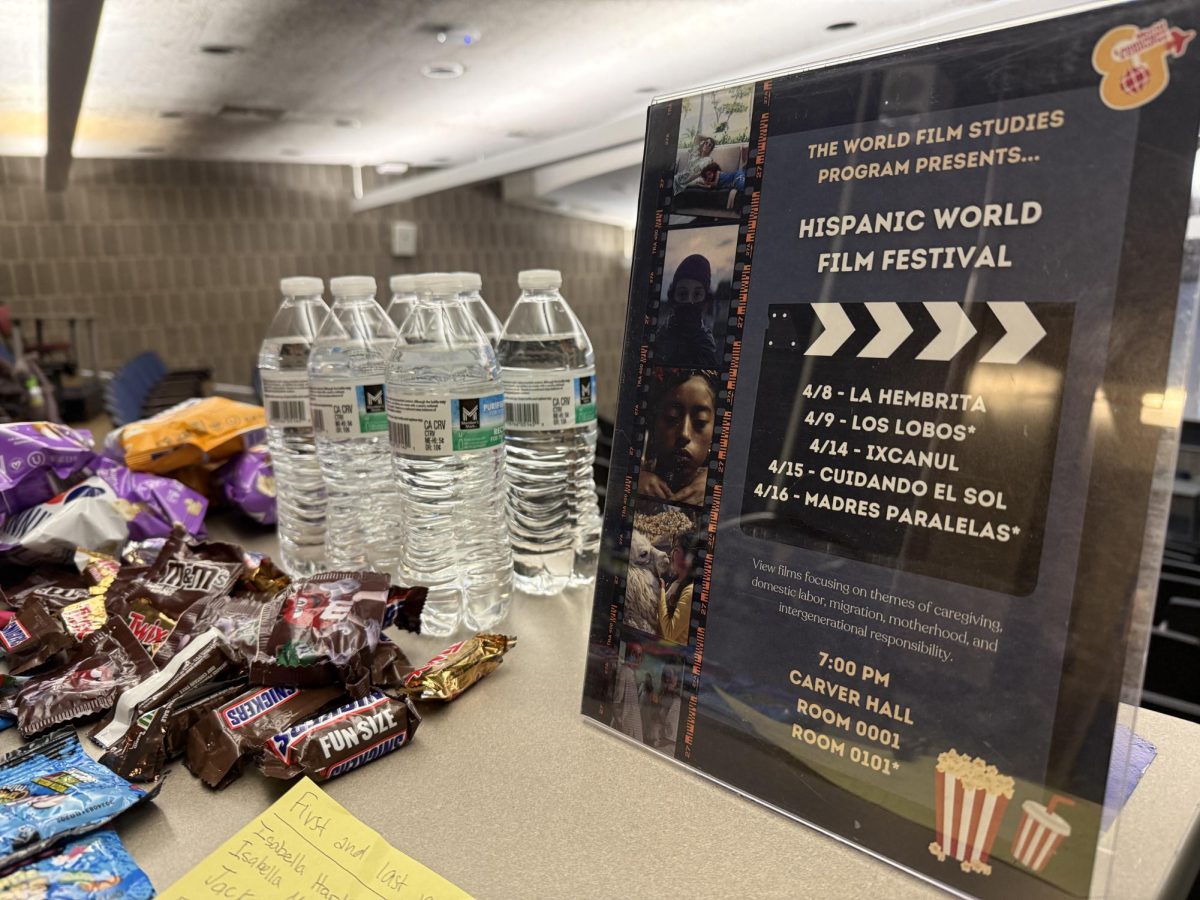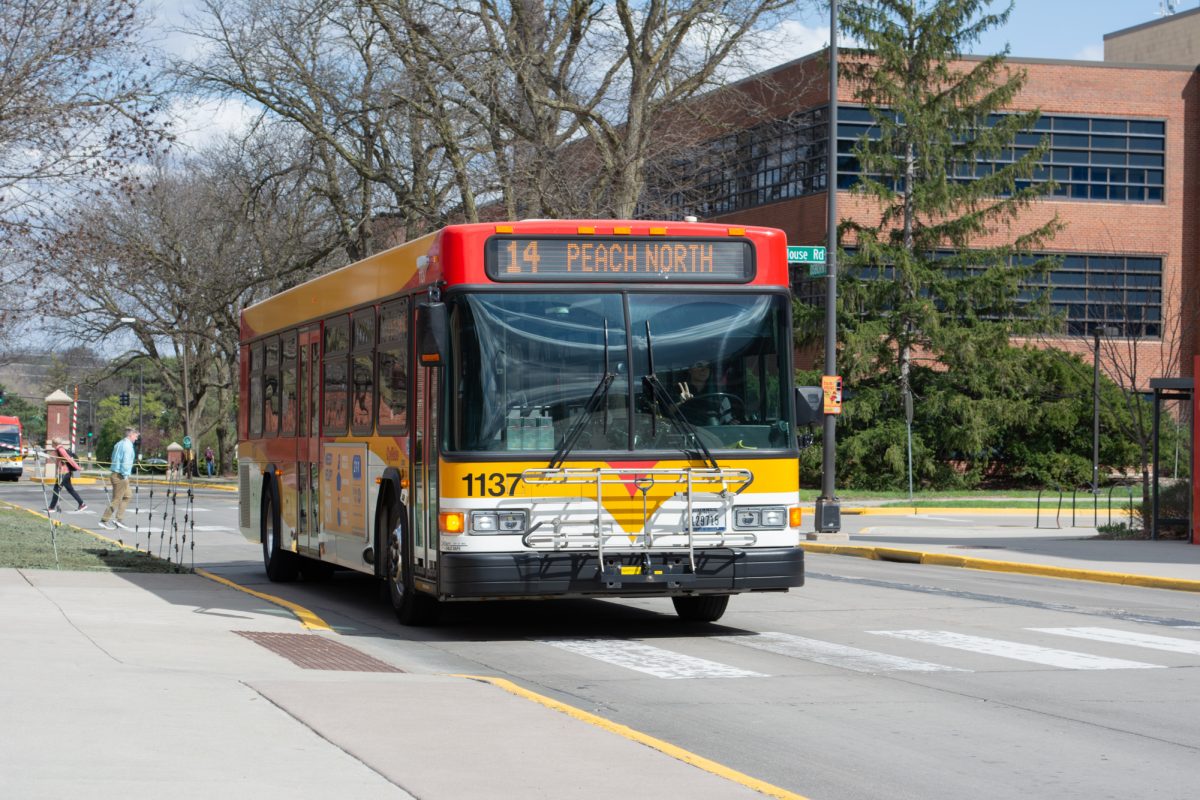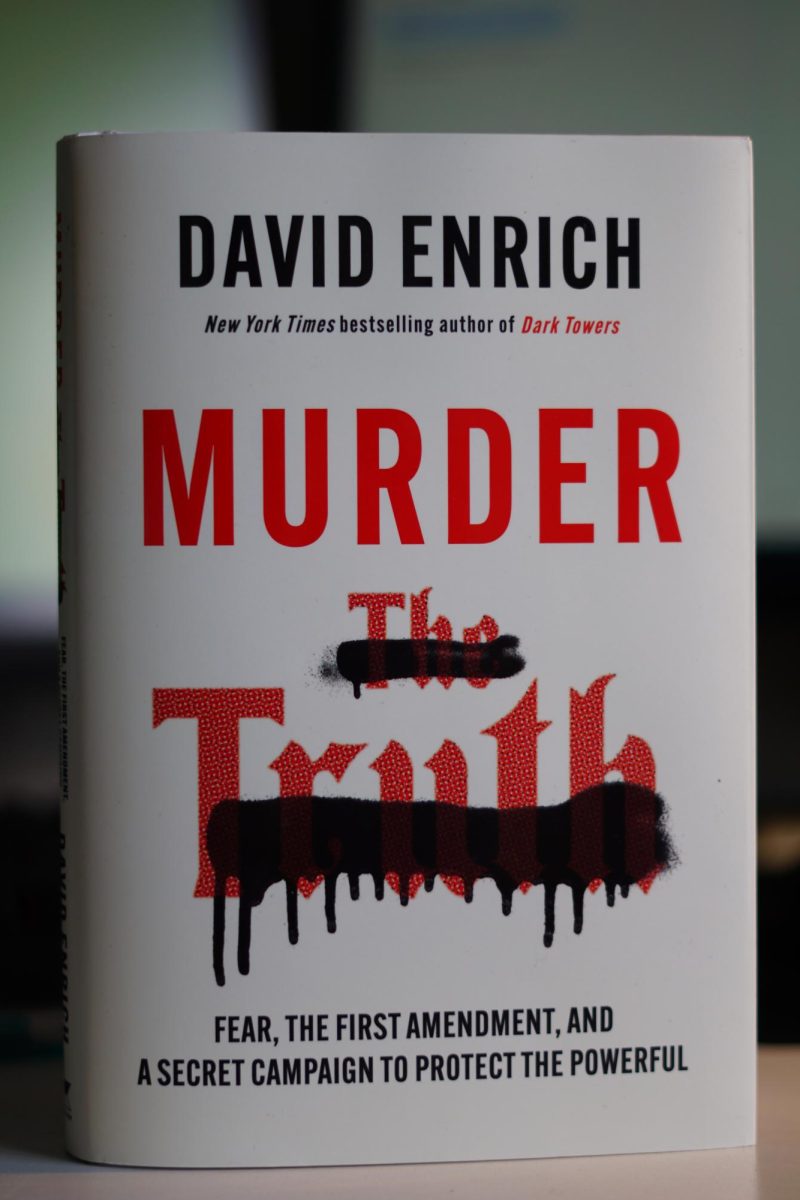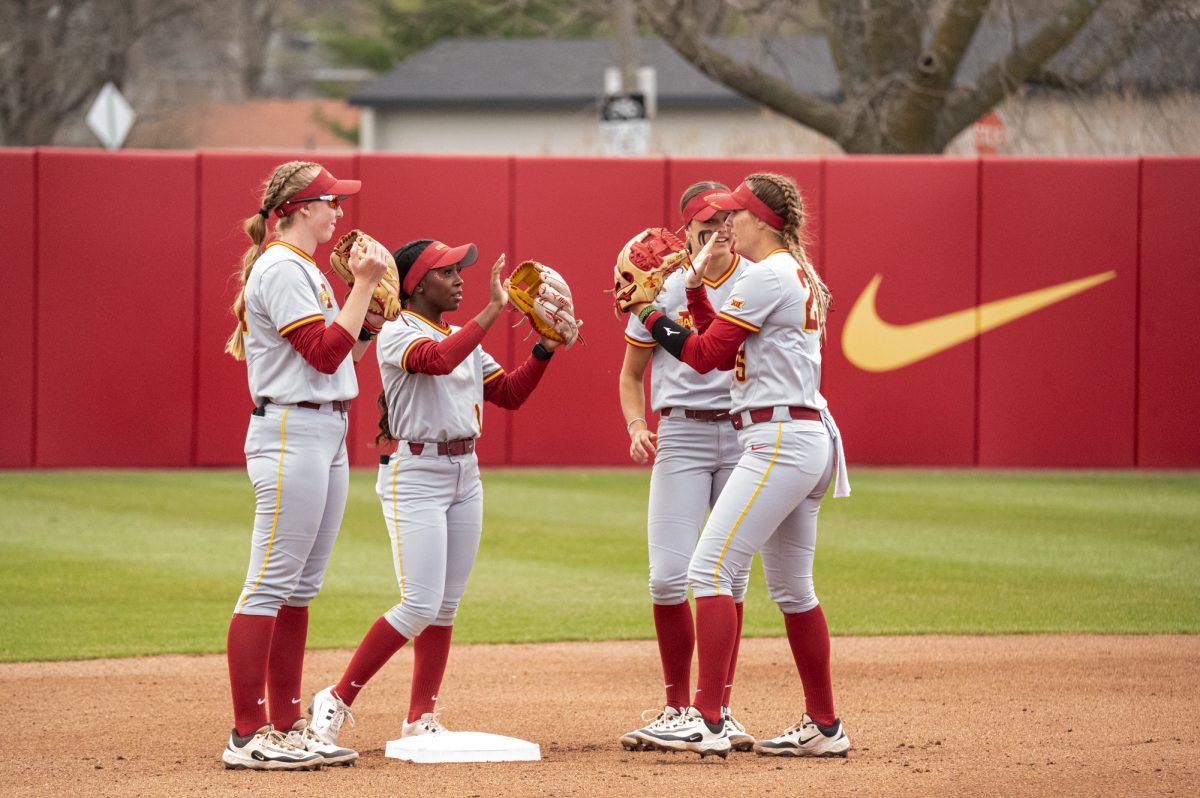ISU misspent gifts, public records show
March 1, 2005
A correction was added to this article March 7.
The March 1 Associated Press article “ISU misspent gifts, public records show” erred by suggesting that information in a Feb. 28 Des Moines Register article came to light because of an Iowa Supreme Court ruling that opened ISU Foundation records for public inspection. Most of the information about Iowa State misspending income from a farm donated to it had been released before the court ruling, the Register reported Saturday. The article’s headline made the same error.
DES MOINES (AP) — Iowa State misspent thousands of dollars in income from a farm that was given to the school, a review by The Des Moines Register showed.
Instead of research and scholarships, the money went for such things as car washes and alcohol, the newspaper said in a copyright story on Monday.
Details of how the gift from Jessie V. Coles was spent and how the money was repaid were revealed in records released after the Iowa Supreme Court ruled on Feb. 4 that ISU Foundation records are open to the public. The Foundation receives and manages gifts to the university and does business as a public entity, the court ruled.
Coles, a 1915 graduate of Iowa State, donated her family’s 285-acre farm in Hamilton County to the university in 1974. She asked only that Iowa State use rent and crop income from the farm for research and scholarships.
Lee Kolmer, the dean of the university’s College of Agriculture at the time, said the terms of the deal were acceptable.
“You can be assured that we will make good use of the proceeds from operating the farm and that we will carry out the instructions in your letter,” he wrote.
But the proceeds went elsewhere, records showed.
For instance:
* Iowa State paid Washington State University nearly $25,000 to pay off a contract of a former employee hired by Iowa State.
* A visiting Egyptian artist was paid $5,500.
* Forty tickets, worth $760, to an ISU football game were given to the Iowa Soybean Promotion Board.
In all, nearly $206,000 was misspent, records show. The money was repaid after an investigation and audit.
Angela Little, a retired University of California-Berkley professor who knew Coles said, “she would have been ragingly indignant” if she knew how the money was used.
Brian Meyer, agriculture college spokesman, said the misspending continued through the administrations of three college deans because of an interpretation of Coles’ wishes.
In her 1974 letter, Coles, who died in 1976, said the college administrators could use proceeds from the farm at their discretion for research and scholarships. The deans focused on the word “discretion,” Meyer said.
“The three previous deans of the college have stated that, based on their understanding of the gift, they had the discretion to make decisions to use the funds to support a wide variety of programs and activities of the college,” Meyer said.
Foundation records show the money was used for a variety of things, from car washes and travel expenses, to pizza, flowers and alcohol.
Money was given to visiting European farm experts and to replace the eye glasses of a visiting artist.
The misspending was identified by current College of Agriculture Dean Catherine Woteki in 2002 as part of a university-wide review of endowment accounts. The review was ordered by ISU President Gregory Geoffroy in the wake of the sale of another farm near Duncombe.
Marie Powers, who died in 1995, had left her 240-acre farm near Duncombe to Iowa State, wanting it to be operated in the memory of her late husband. But the land was sold and proceeds from the sale were used for campus projects.
Mark Gannon, former farm manager for the College of Agriculture, said arrogance among college administrators resulted in the misuse of the gifts.
“It was bad management, arrogant management,” said Gannon, a plaintiff in the lawsuit in which the Iowa Supreme Court issued its ruling that foundation records were to be made public.
“The thinking was, ‘We know more about what the university needs than the donor,”‘ Gannon said.
He said people like Coles and Powers were especially vulnerable because there was no family left behind to follow up on their gifts.


